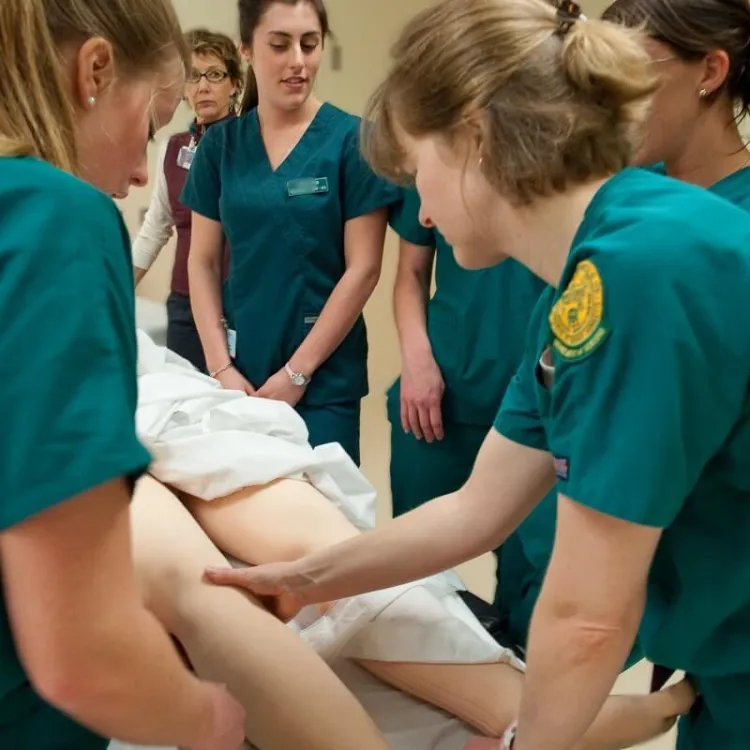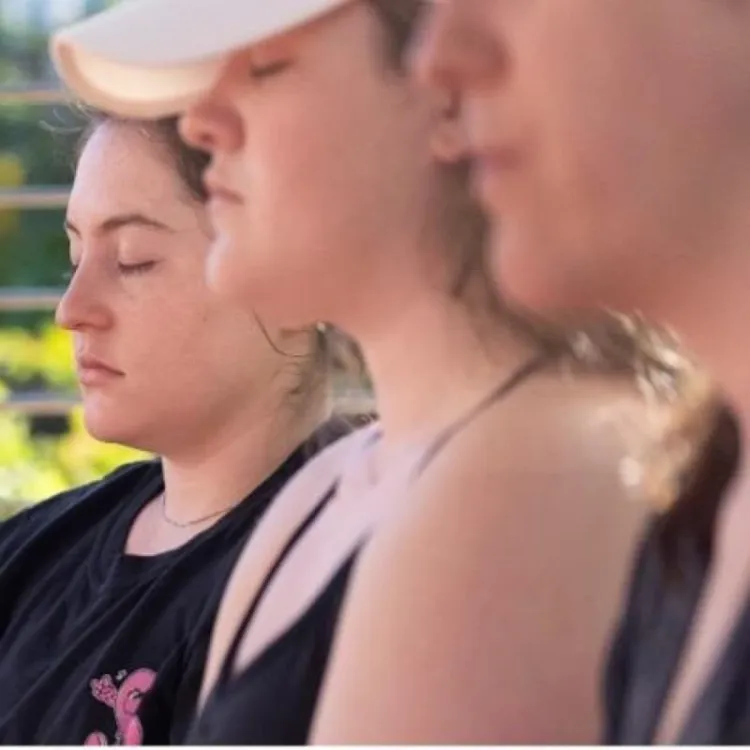Curriculum
At UVM, you'll receive a well-rounded education with a balance of general and professional courses, providing a strong foundation for your nursing career. With a focus on both the sciences and humanities, you'll gain the knowledge and skills needed to excel in the field of nursing. Plus, our curriculum structure ensures that you have a comprehensive understanding of all aspects of nursing practice.

Clinical Experience
Clinical experience begins in the second semester of the sophomore year and continues throughout the program. Students benefit from 594 hours of direct faculty-supervised clinical instruction. In the clinical setting, students apply theoretical knowledge drawn from the arts and sciences and based on evidence. Junior-level students experience intensive and diverse clinical practice in the acute care setting. Senior students have an immersion in Public Health and model their clinical experience either domestically or on faculty-led foreign travel education. In the spring of the senior year, students select a 126-hour clinical practicum in a preferred area of interest.
A Model Curriculum in Nursing
First Year
- General Chemistry with Lab
- Written Expression
- Introduction to Psychological Science
- Human Development
- Introduction to Professional Nursing
- Organic and Biochemistry with Lab
- Introduction to Sociology
- Psychopathology
- Fundamentals of Nutrition
- Philosophy, Religion, or Ethics Elective
Sophomore Year
- Undergraduate Human Anatomy and Physiology I
- Microbiology and Pathogenesis
- Elements of Statistics
- Art and Science of Nursing
- Undergraduate Human Anatomy and Physiology II
- Research in Nursing
- Health Assessment
- Introduction to Clinical Practice
Junior Year
- Pathophysiology
- Gerontology
- Pharmacology
- Family-Centered Care for Women/Newborns
- Elective
- Health Alterations
- Adult Health Nursing I
- Child and Adolescent Health Nursing or Psych/Mental Health Nursing
Senior Year
- Public Health Nursing
- Adult Health Nursing II
- Chronic and Palliative Care Nursing
- Issues and Leadership in Professional Nursing
- Practicum: Public Health Nursing
- Transition to Professional Practice
- Elective

Compassionate Care for Nurses
Clinical Associate Professors Lili Martin, D.N.P., RN, and Rebecca Nagle, D.N.P., APRN, worked with UVM's Osher Center to launch Compassionate Care for Nurses, a course empowering future nurses with essential tools for mental wellness.